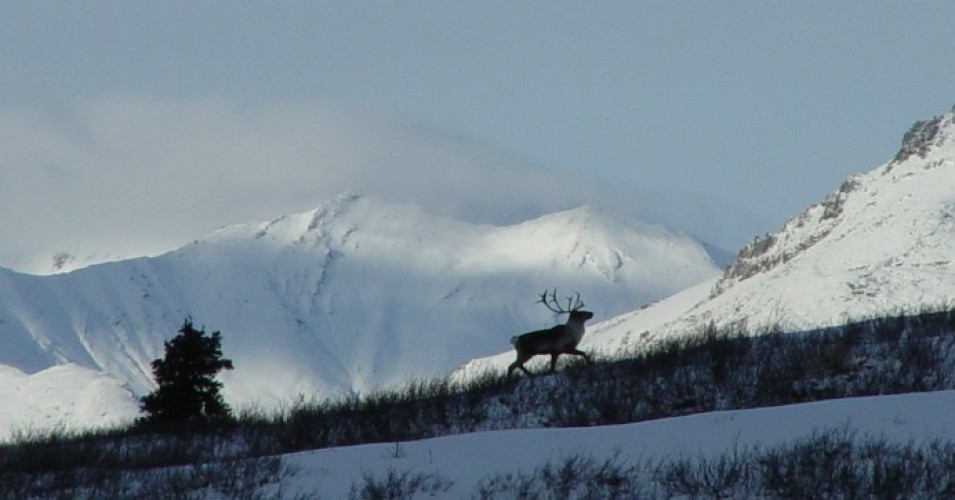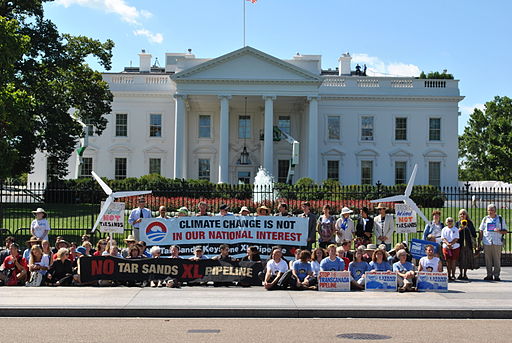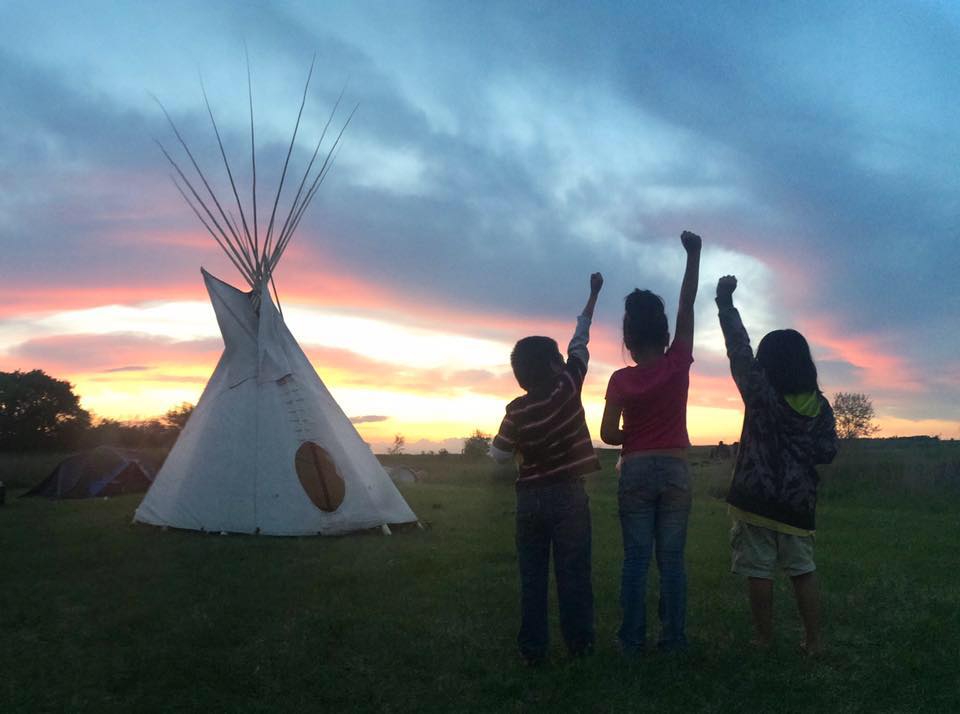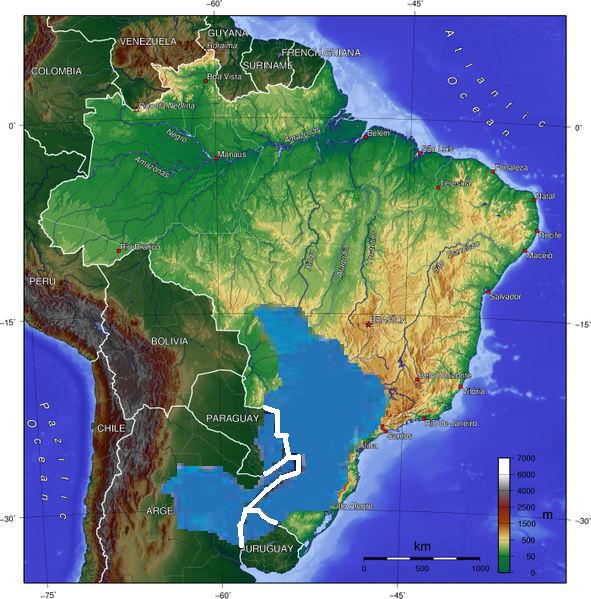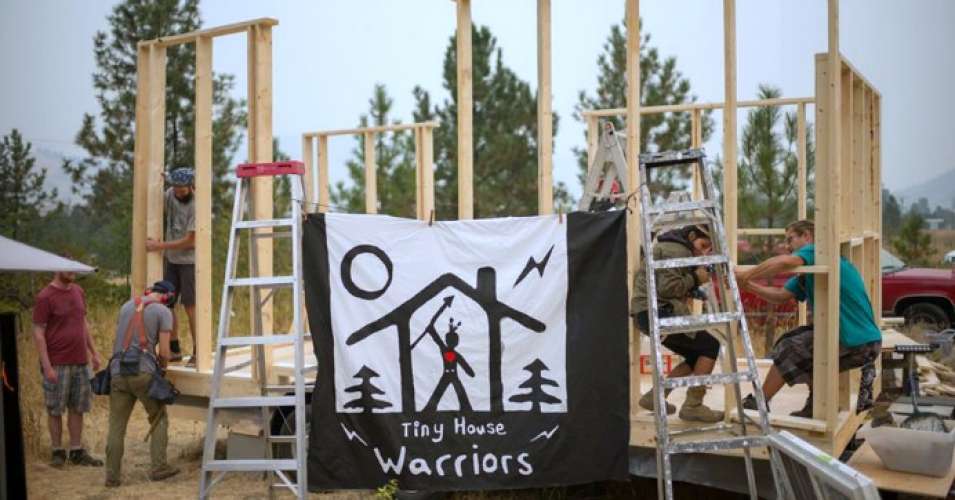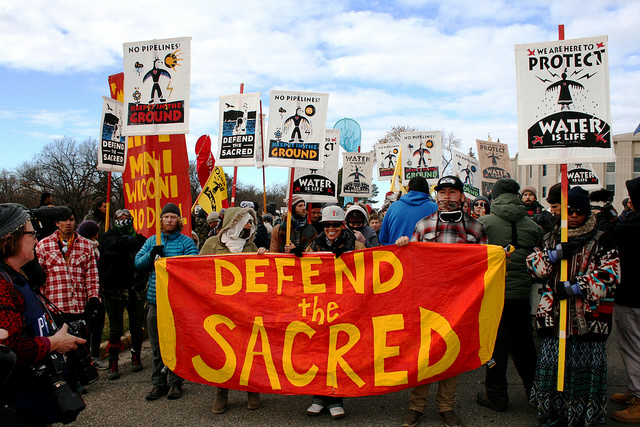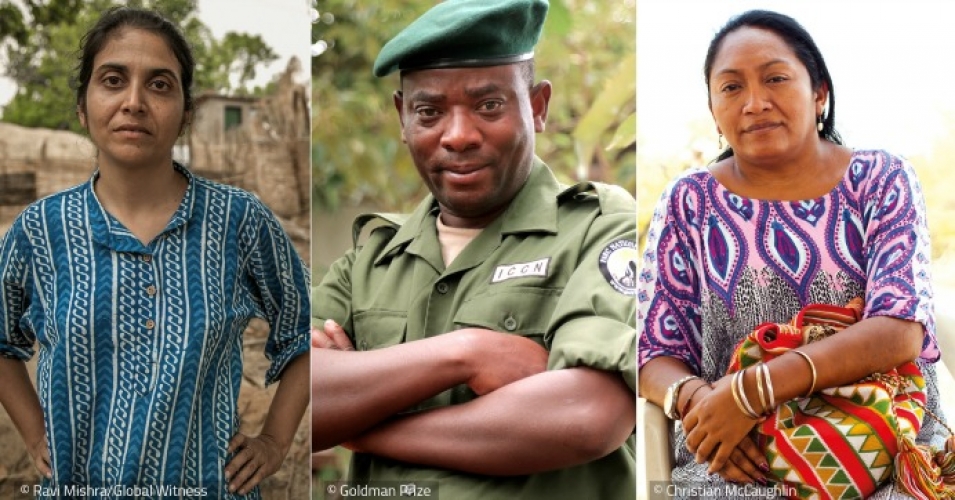
Native American burial mound at Lake Jackson Mounds State Park, north of Tallahassee, Fla. Ebaybe/Wikipedia, CC BY-SA
Jayur Mehta, Florida State University and Tara Skipton, Florida State University
Native North Americans first arrived in Florida approximately 14,550 years ago. Evidence for these stone-tool-wielding, megafauna-hunting peoples can be found at the bottom of numerous limestone freshwater sinkholes in Florida’s Panhandle and along the ancient shoreline of the Gulf of Mexico.
Specialized archaeologists using scuba gear, remote sensing equipment or submersibles can study underwater sites if they are not deeply buried or destroyed by erosion. This is important because Florida’s archaeological resources face significant threats due to sea level rise driven by climate change. According to a new U.N. report, global sea levels could increase by over 3 feet by the year 2100. Continue reading


